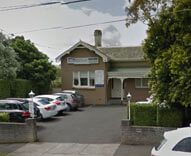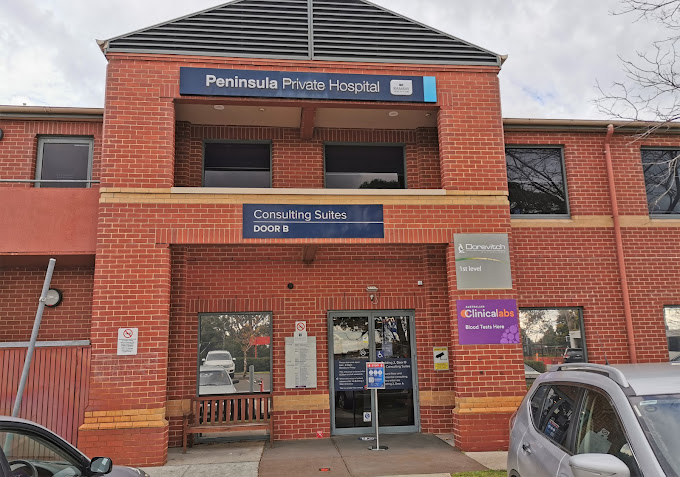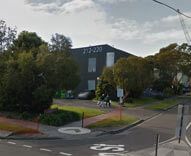Scar Revision
The development of a scar following a traumatic accident or surgical procedure can be very unpredictable. Several variables affect scar healing, including the size of the wound or incision, the condition of the skin, skin tension on wound closure and the location of the scar. If a scar appears to require revision, plastic surgeons generally recommend waiting at least 12 months to allow the scar to reach its full maturity. At that time a reconstructive procedure, performed through our Melbourne practice, Bayside Plastic Surgery can successfully improve the appearance of your scar and make it less noticeable.
Scar Revision – Reconstructive Surgery
There are several treatment options available for patients seeking scar revision. Less invasive methods include steroid injections and the use of silicone compression dressings. Surgically the scar can be repositioned, with the use of local skin flaps to make it less noticeable or excising the scar and closing the wound in multiple layers to remove tension that will cause a scar to stretch. Certain facial scars can also be improved with either surgical or non-surgical skin rejuvenation procedures, including laser skin resurfacing.
For more severe scarring problems, skin grafting or flap reconstructive procedures are often the best option. Dr. Ross performs these types of reconstructive cases at a local Melbourne hospital or day surgery centre. During a skin grafting procedure, Dr. Ross removes healthy skin from a donor site and then transfers the skin to cover the affected area. If the procedure is successful, new blood vessels will form and new grafted skin will replace the former scar. Flap reconstructive surgery is a more invasive procedure than grafting, but often produces better cosmetic and more durable results. During this procedure, a larger flap of skin, fat, and sometimes muscle is mobilised from the patient’s body and then repositioned to the location of the scar. In some cases, microsurgery is required to reattach the blood vessels and revascularise the transferred tissue into its new location. Following both skin grafting and flap reconstructive procedures, patients may face a significant recovery period and dressings. There is also some risk that the newly grafted skin may not take resulting in delayed healing, however this will not always compromise the ultimate aesthetic outcome. Dr. Ross will be able to give you a scar assessment and make recommendations as to which treatment modality may be most applicable in your situation. Please contact any of our Melbourne offices to schedule a consultation with Dr. Ross.
Other Reconstructive Surgery Procedures
Dr. Ross can perform reconstructive surgery on any area of the body affected by acquired trauma, including the hands, face, limbs, and torso. Modern techniques now allow experienced surgeons like Dr. Ross to restore the body’s function and appearance, even following severe trauma from burns, fractures, accidental injury, or invasive cancer treatments. With skin grafts, flap reconstructions, and even tissue transplantation, Dr. Ross can repair hand injuries with reconstructive surgery, correct facial traumas as well as remove cancerous and non-cancerous tumours and growths, and more.
Reconstructive Plastic Surgeons play an important role in assisting other specialty surgeons close nonhealing surgical wounds, with complex reconstructive techniques such as pedicled or microsurgical muscle, musculocutaneous or fasciocutaneous flaps. The commonest wounds that are referred to plastic surgeons are nonhealing sternal wounds, following open heart surgery, which are usually closed with pectoral muscle flaps. Others wounds include abdominal laparotomy wounds and orthopaedic wounds with open or infected joint implants or fracture plates as well as longstanding osteomyelitis (bone infection). Reconstructive plastic surgeons also play an important role working with neurosurgeons, ENT surgeons and oral surgeons in the reconstruction of the face, neck and cranium after ablative cancer and trauma surgery. Please contact our Bayside Plastic Surgery office if you have been advised to have surgery for these problems to ensure the best reconstructive options are undertaken following your proposed surgical procedure
For specific information about reconstructive surgery of the face, hands, and body, contact Melbourne plastic surgeon Dr. David Ross at Bayside Plastic Surgery.




